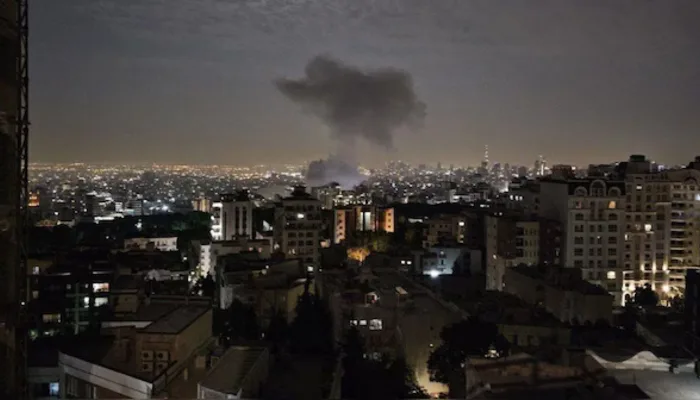Iran has been largely offline for over 60 hours, according to NetBlocks, a global internet monitoring watchdog. The widespread blackout, which continues to cripple digital communication in the country, is being blamed on government-imposed blockages.
NetBlocks reported that the blackout has “severely limited the public’s ability to express political viewpoints, communicate freely, and follow safety alerts.” Online platforms, news sources, and messaging services have remained inaccessible to much of the population.
Iran’s government claims the move is a defensive measure aimed at countering ongoing Israeli cyberattacks. However, activists and digital rights organizations are accusing Tehran of exploiting the situation to silence dissent and control the narrative amid rising unrest.
The blackout comes as Iran faces mounting pressure on multiple fronts: aerial strikes from Israel, diplomatic fallout with the International Atomic Energy Agency, and growing public frustration over the lack of transparency and safety information.
Diplomatic Flurry: Iran’s FM Lands in Turkiye for OIC Summit
As digital silence engulfs the Iranian public, the country’s foreign minister Abbas Araghchi has arrived in Ankara to participate in the Organization of Islamic Cooperation (OIC) meeting. According to Iran’s state-run Young Journalists Club, more than 40 foreign ministers are expected at the summit.
The gathering aims to coordinate a collective Islamic response to the deepening Iran-Israel crisis. Araghchi’s presence follows high-stakes talks in Geneva on Friday, where he met with European diplomats in a bid to break the diplomatic impasse over Iran’s nuclear programme and regional security.
The OIC meeting in Turkiye is seen as a key moment for Muslim-majority countries to express solidarity, call for restraint, or potentially back Iran’s claims of aggression from Israel.
Trump, Erdogan Talk Twice Amid Efforts to De-escalate
Turkish President Recep Tayyip Erdogan has reportedly held two phone conversations with US President Donald Trump since Israel’s initial attacks on Iran. Sources say Erdogan urged Trump to pressure Israel into de-escalating the conflict.
However, Trump, speaking on Friday, downplayed the idea of pressing Israel to halt its military operations. Instead, he hinted at standing firmly with Tel Aviv, suggesting Iran must “choose peace or face consequences.”
The dual approach—regional diplomacy led by Turkey and a hardline stance from Washington—highlights the growing divide in how world powers are handling the crisis. Meanwhile, Iran remains digitally isolated, diplomatically cornered, and militarily under threat.
Follow us on Instagram, YouTube, Facebook,, X and TikTok for latest updates
